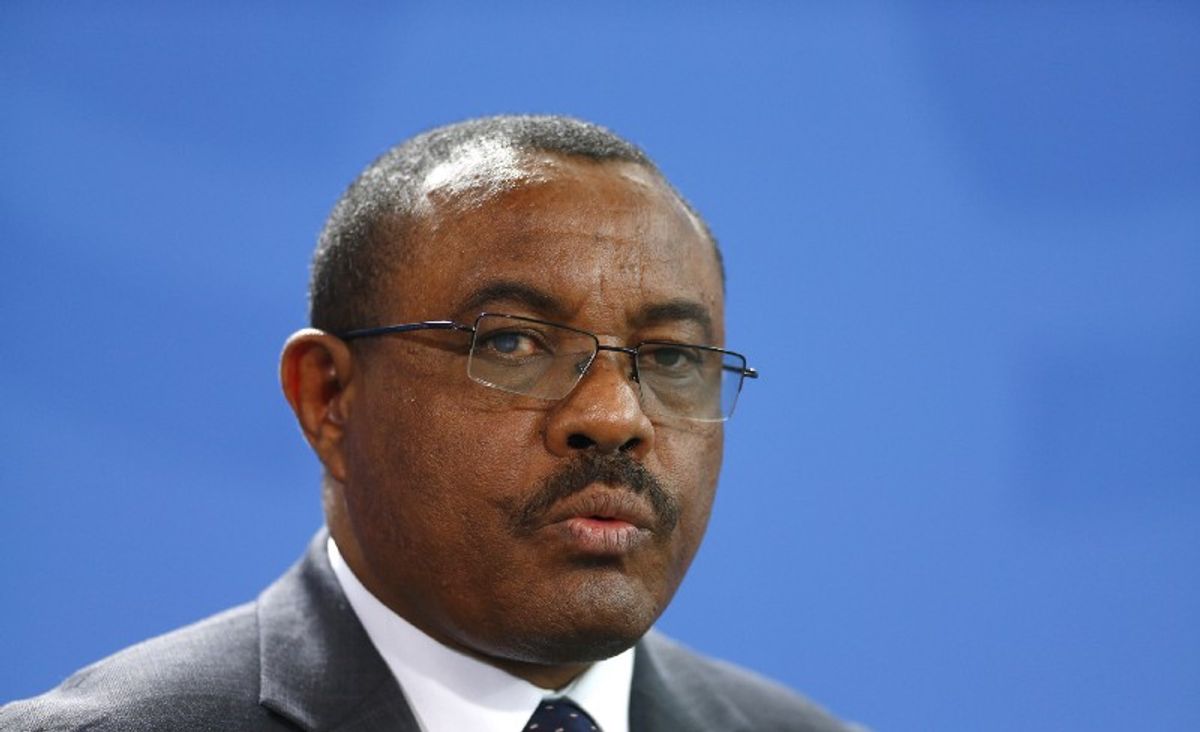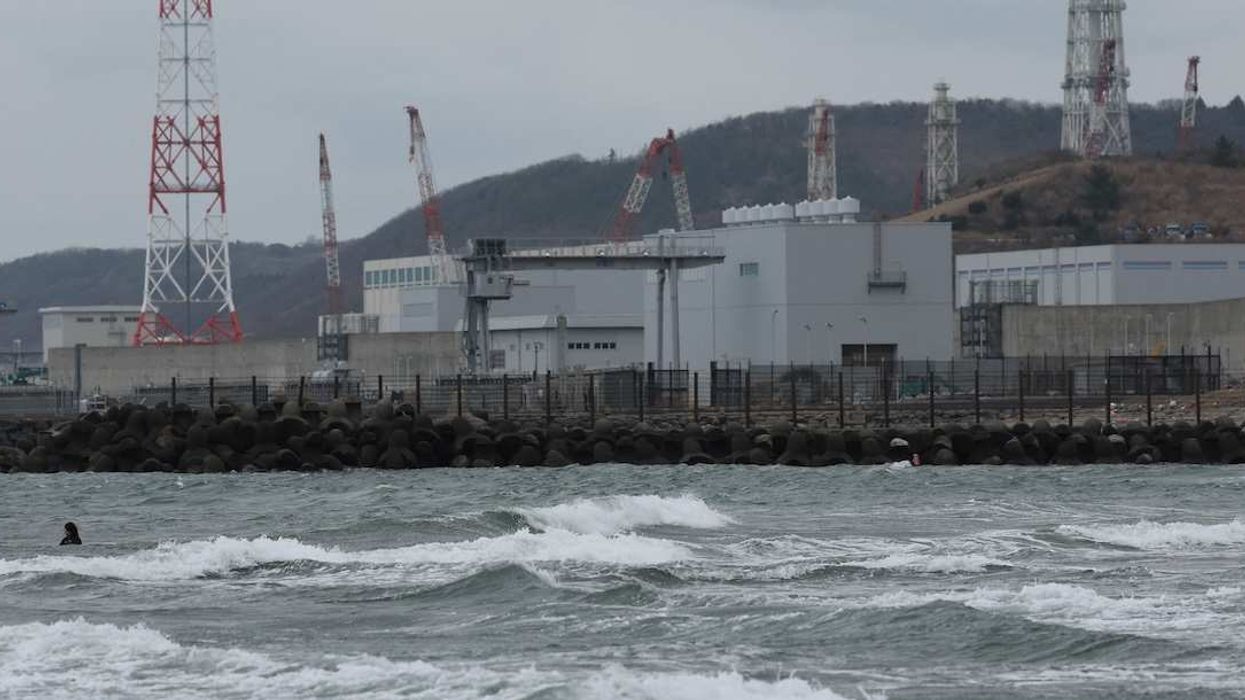South Africa’s Jacob Zuma wasn’t the only beleaguered leader of a major African economy to resign last week. At the other end of the continent, Ethiopian PM Hailemariam Desalegn stepped down amid a deep political crisis that has roiled the East African nation for three years now.
The roots of the crisis combine two things: perceptions of political marginalization among the country’s two largest ethnic groups (the Oromo and the Amhara), and broader frustrations with a political system that has remained deeply repressive even as economic growth soared in recent years. The government’s release of several hundred political prisoners earlier this year failed to defuse the crisis.
Whether Hailemariam’s resignation opens the way for a more inclusive and stable political system — or merely provides the ruling EPRDF with a chance to install a more effective hardliner — is a critical question for the country, and for the region. Ethiopia is one of the world’s fastest growing economies, but it’s in a tough neighborhood — it borders the near-failed state of Somalia to the East and war-wracked Sudan and South Sudan to the West.
More broadly, East Africa has become a critical security focus as jihadist militants from ISIS and other groups transit the region to reach other destinations in North and West Africa. Watch this space closely…
Bonus track: Ethiopia’s most famous musician (unless you count The Weeknd as Ethiopian, which I don’t) is Alemayehu Eshete. He’s been called the Ethiopian James Brown. I’ll let you decide who’s the king of soul, but while you ponder it, kick back and lounge to this.



















